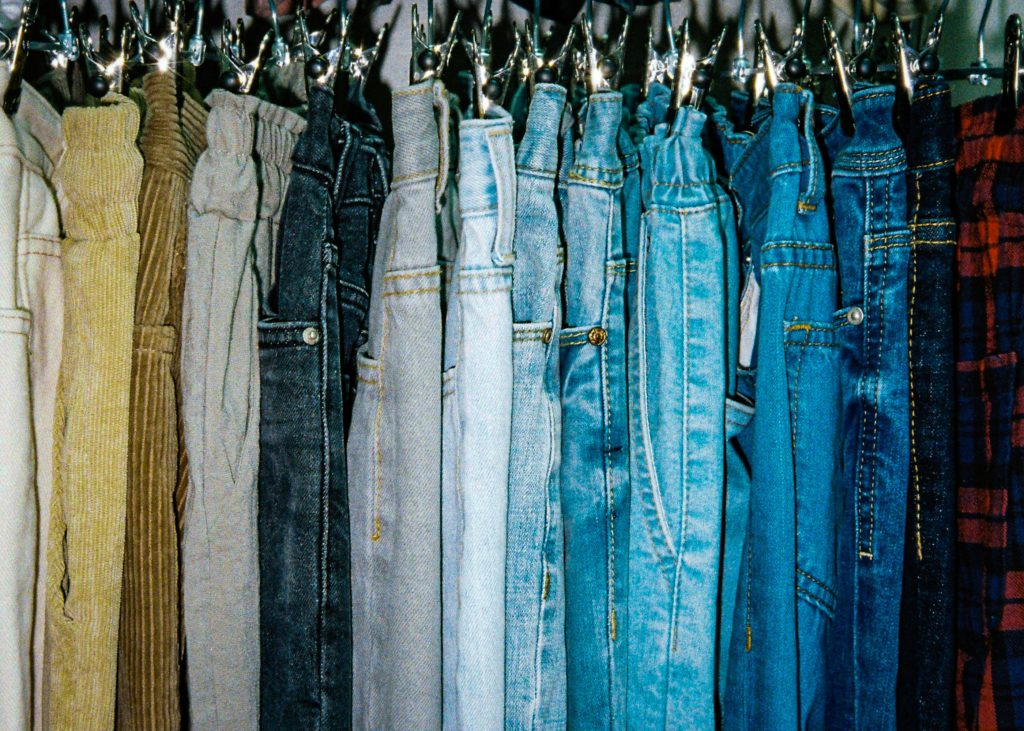We know that fast fashion is bad, but do you know how damaging it is both to the environment and through its unethical practices? Layla, member of the Somerset Youth Parliament Advisory Group has you covered with information on the flawed system that is fast fashion.
The allure of cheap, cute or cool clothes from companies like SHEIN, AliExpress, and Temu is undeniable. But this convenience hides a dark truth: fast fashion is deeply unethical and devastating for both people and the planet. This month is both World Environmental day and World Oceans Day, so I feel there is no time for important to talk about this growing issue. This problem extends beyond these cheap brands to many larger, established brands too.
The Hidden Price Tag
Fast fashion’s “low prices” come at an immense cost:
- Human Exploitation: Garment workers, mostly in developing countries, suffer silently in inhumane conditions. They are paid poverty wages (often less than 2% of an item’s cost), work brutally long hours (16+ daily), and face unsafe environments. Reports have even linked companies to forced labour.
- Environmental Catastrophe:
Waste: Millions of tons of cheap, low-quality garments end up in landfills annually.
Pollution: Textile production is water-intensive and pollutes waterways with toxic chemicals from dyes that are not properly disposed of.
Emissions: The industry is a major contributor to global carbon emissions, with rapid air worsening the problem.- Microplastics:
Synthetic fabrics shed tiny plastic particles called microplastics, polluting our oceans, even entering our bodies.Beyond the Extremes: Major Brands’ Involvement
While companies like SHEIN is extreme, many well-known brands like Zara, H&M, and Primark are also involved. They face criticism for:
- Poor Worker Conditions: Despite pledges, many still rely on low wages and unsafe factories.
- Environmental Impact: Their sheer production volume and reliance on unsustainable materials continue to harm the environment to a dangerous extent.
- Lack of Transparency: Unethical practices can be hidden in complex supply chains.
What Can You Do?
As consumers, our choices matter:
- Buy Less, Choose Better: Invest in durable, higher-quality items.
- Shop Second-hand: Embrace thrift stores and pre-loved options- Vinted is a great online option!
- Support Ethical Brands: Look for companies with transparent, fair, and sustainable practices, do your research!
- Repair and Reuse: Extend the life of your clothes. You could learn to sew.
- Demand Transparency: Hold brands accountable for their production methods.
The “bargain” of fast fashion comes at an unacceptable price for our planet and its people- which they will eventually feel the impact of too.
Layla
Not just elected members
Did you know that Somerset Youth Parliament isn’t just it’s elected members? Any young person in Somerset aged 10-25 years can become a member of the Somerset Youth Parliament Advisory Group.
For more information about becoming a member of the Somerset Youth Parliament Advisory Group and to join, visit our Join Us page.

